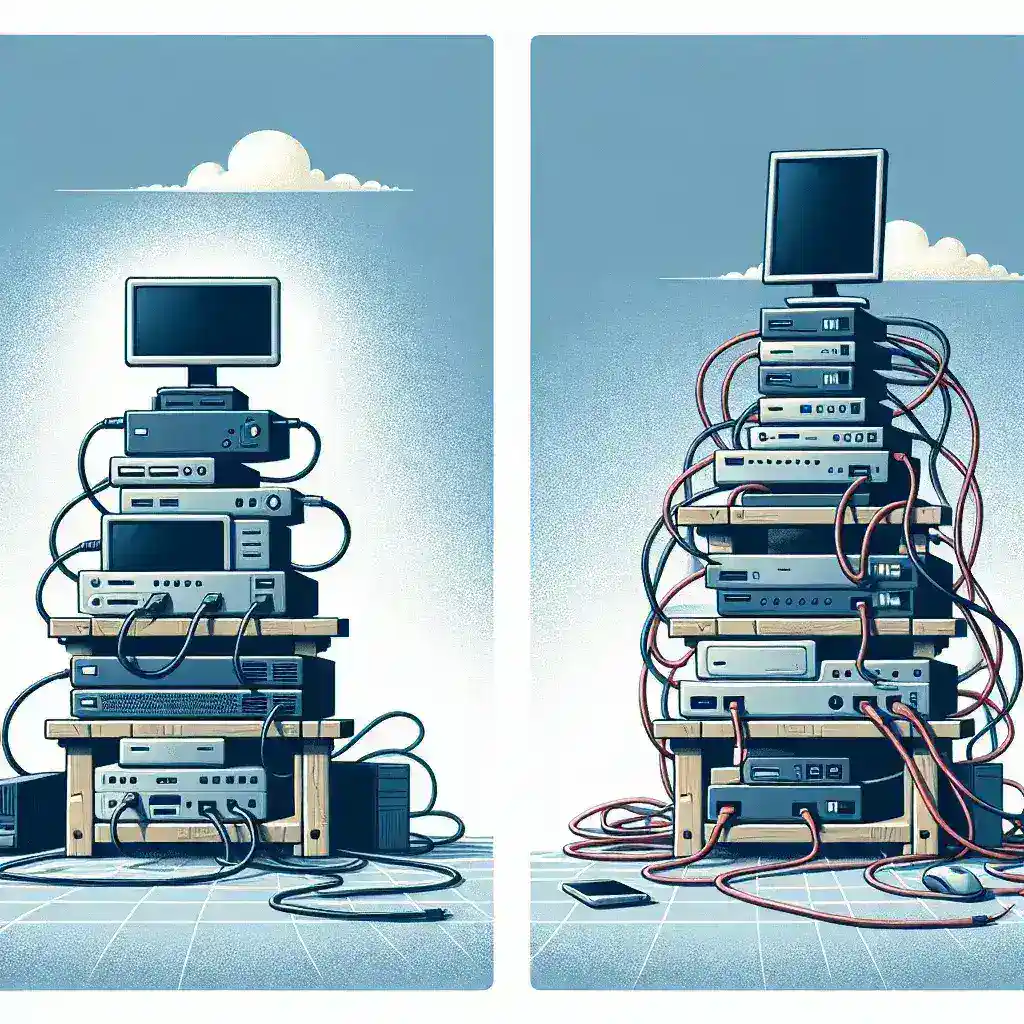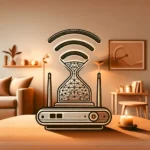Device servers play a critical role in connecting serial devices to a network, enabling seamless and efficient communication. But what are the distinct advantages of using a device server over direct connections? Whether in industrial automation, healthcare, or other sectors, the benefits are significant and multifaceted. This article delves into these advantages in detail.
Enhanced Flexibility and Scalability
One of the most notable benefits of using device servers is the remarkable flexibility and scalability they offer. Unlike direct connections that may require extensive cabling and infrastructural investments, device servers can easily integrate multiple devices into a network without such limitations.
Comparison Table: Device Server vs. Direct Connection
| Criteria | Device Server | Direct Connection |
|---|---|---|
| Flexibility | High | Low |
| Scalability | Excellent | Poor |
Cost Efficiency
Another compelling reason to opt for a device server is cost efficiency. Direct connections often involve substantial expenses related to hardware, installation, and maintenance. In contrast, device servers minimize these costs by consolidating multiple connections through a single network point.
Centralized Management and Control
With device servers, centralized management and control become straightforward. Administrators can monitor and configure devices from a single interface, simplifying the troubleshooting process and enhancing overall operational efficiency.
Remote Access Capability
Device servers offer the advantage of remote access, enabling administrators to monitor and manage devices from anywhere. This is particularly beneficial for industries requiring constant supervision and rapid response to issues, such as healthcare and critical infrastructure management.
Benefits of Remote Access
- Immediate issue resolution
- Reduced onsite visits
- Improved operational continuity
Enhanced Security
Security is a paramount concern in any networked environment. Device servers often come equipped with advanced security features, such as encryption and user authentication, which are not typically available with straightforward direct connections. This ensures that data integrity is maintained and unauthorized access is prevented.
Streamlined Integration
Device servers simplify the integration of legacy equipment with modern networks. This is particularly important in sectors where legacy systems are prevalent and replacing such equipment is either impractical or cost-prohibitive. Device servers bridge this gap efficiently, enhancing productivity without necessitating significant overhauls.
Improved Data Throughput
Data throughput is another critical factor where device servers excel. Direct connections may suffer from latency and bandwidth limitations, whereas device servers are designed to handle substantial data loads efficiently, ensuring consistent and reliable performance.
Versatility in Applications
Device servers find applications across various industries due to their versatility. From medical devices in healthcare settings to industrial automation systems, the ability to connect diverse equipment types to a centralized network enhances overall system functionality and performance.
Use Cases by Industry
- Healthcare: Remote monitoring of patient vitals
- Manufacturing: Centralized control of production line equipment
- Utilities: Real-time monitoring of infrastructure health
Conclusion
In conclusion, the advantages of using a device server over direct connections are extensive. From improved flexibility and scalability to cost efficiency, enhanced security, and remote access capabilities, device servers provide a robust solution for modern connectivity needs. As industries continue to evolve, adopting device servers can lead to more efficient operations, better data management, and improved overall performance.



